Accueil » Cours & Conférences » Project Management in Petrochemical Industry From research & development to beneficial operation
Project Management in Petrochemical Industry From research & development to beneficial operation
Synthesis
Day 1 :INTRODUCTION, DEFINITIONS OF PETROCHEMICALS, PROJECT KICK-OFF
A. Safety first: short introduction to risk management
B. Petrochemicals: main definitions, history, economic importance. Why is R&D so critical in the polymer
field?
C. Kick-off of a team work project by group of 4/5 students: “design of the finishing section of a polyolefin
plant” which will last for the whole week (“silo project”)
D. Short lecture on structure of a polyolefin plant
Day 2 :
PROJECT MANAGEMENT (1)
A. Relative development costs and durations of various phases of a project, from R&D to beneficial operation
B. Intellectual property/patents. A strategic tool. Value of a patent: product vs process patents. Real case
examples
C. Technology scouting. Competitive intelligence
D. High cost of R&D. Technical cooperation with peers, customers, J.V.s, … How to develop a new polymer grade?
E. “Silo project”. Group work: revision of block diagram. Critical review of “product slate/product mix”
Day 3 :
PROJECT MANAGEMENT (2)
A. Licensing. Who is licensing in base chemicals? In polymer field? Why such a marked difference? Main terms of agreement in a typical licensing contract
B. Project scope definition. Stage/gate system. Examples of major project failures due to poor staging
C. Relationship research/process & product development. Pilot plants proper use: scaling-down
methodology. Real life examples with heat transfer and agitator design
D. “Silo project”: block diagram rev 1. Simplified process flow sheet rev . First proposal of “product wheel”
Day 4 :
PROJECT MANAGEMENT (3)
A. Concurrent vs sequential engineering. Importance of communication tools and standardized drawings
(block, simplified diagrams, PFDs, P&IDs, …). Preliminary risk analysis. Impact assessment study
B. Economic analysis. Investment cost estimate (ISBL, OSBL, Running capital). Future margin estimate.
Pay-out
C. Realization part of the project. Special case of turn-arounds. Commissioning and start-up
D. “Silo project”: product wheel rev1, PFD rev . Lay-out
Small exam (multiple-choice)
Day 5 :
CONCLUSIONS
A. “Silo project”: final presentation by each group of students and discussion
B. Presentation of a real case of investment feasibility study: “New polymer plant in an Asian country”
C. Methodology of project development. Presentation of various jobs for engineers in the petrochemical industry
D. Conclusions. Summary of the most important points covered during the week
Diploma ceremony

